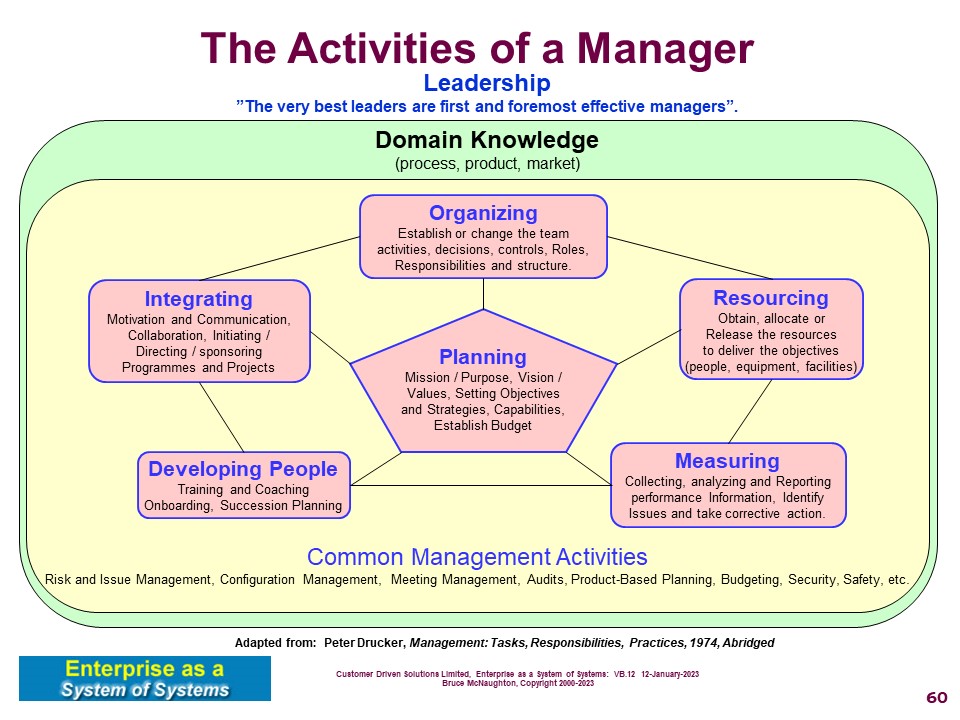Description
A Process Activity Model shows the relationship of the related activities and their use of information. This model is typically used to understand / analyze the activities within a single process. These activities form the basis for Role identification and related training.
Contents
There are many types of models that cover the formal relationships of activities. These are:
- BPMN
- Activity Diagrams (UML)
- IDEF
- DataFlow diagrams
Some use swim lanes to highlight the roles carrying out the work (BPMN / UML).
Each of the above standard models has a corresponding set of definitions to create them.
Note: Informal diagrams that are more understandable by a set of stakeholders are also in this set and must be based upon a formal model.
Note: These activity models also need to provide a way to identify a "Technology Interaction Point"
Languages, Notations, Conventions
See the procedures for each of the various activity models. Example: UML Activity Diagram
Methods - Create, Analysis, Identify
See the procedures for each of the various activity models.
In addition, the activity model may also identify some critical decision points that may bring in additional models
Modelling Techniques
methods and techniques
The Soft Systems Methodology (SSM) problem solving approach is a good approach for both identifying the activity model and the issues surrounding the implementation / changes necessary to implement the benefits.
Examples
The Activities of a Manager are shown as a simple Activity Model.

References
Model Kind Links